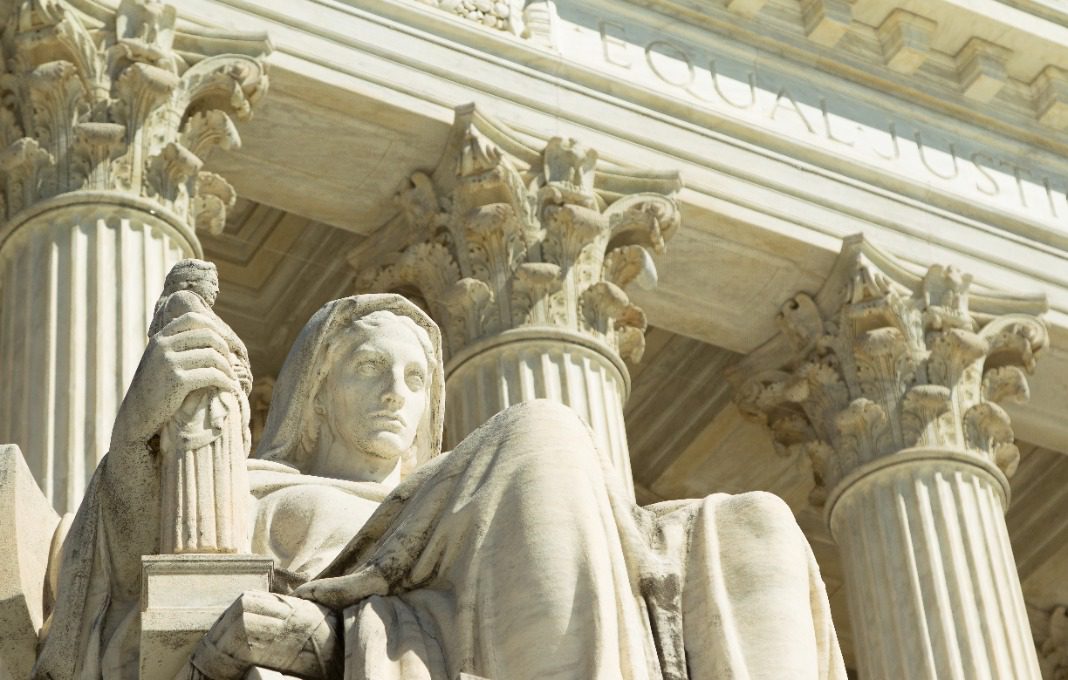Editor’s Note: In a series of powerhouse decisions, the U.S. Supreme Court has used this term to begin a drastic realignment of the relationship between business and the administrative arms of the federal government, rolling back a revolution that began under the Roosevelt administration in the 1930s.
In cases including SEC v. Jarkesy and Loper Bright v. Raimondo (which overturned so-called “Chevron deference” to the expertise of administrative agencies) and Ohio v. EPA (blocking the agency’s “good neighbor” air pollution rule) the court pushed back on the decades-old idea that administrative agencies like the EPA or SEC could be the final word on whether a company had crossed a line. From here on in, the Court appears to be saying, it will be up to Congress to more clearly spell out their rules—and, potentially, for trial courts to decide when those rules have been broken.
But business leaders excited by these changes may want to temper their cheering, cautions Chief Executive’s longtime legal columnist Daniel Fisher. With a handful of decisions (also including Harrington v. Purdue Pharma, which represents a big change to the way bankruptcy law can be used to settle suits against companies), the Court has potentially upended a host of tried-and-true legal strategies that corporate lawyers use to navigate complex litigation. “There’s definitely a little bit of the dog catching the car here,” says Fisher.
I reached out to Fisher Friday for his immediate take on the Court’s decisions, and their practical implications for business. Here’s some of what he had to say, edited for length and clarity. — Dan Bigman, editor
What should business leaders take away from these decisions, overall?
The big theme is the proper role among the government branches. This has been a huge project of the New Civil Liberties Alliance and business interests to reduce the power of the administrative state, decisions by agencies that nobody elected and return accountability to elected officials. It’s a multi-decade project to basically roll back the Roosevelt Revolution and go back and say, “No, we elect people to make policy.”
Let’s talk about the Purdue case. The court ruled that bankruptcy law could not shield the Sackler family from additional civil suits over the opioid crisis. What’s the upshot for business?
Practically speaking, it’s Defcon One. The world we know, it just went away. So you saw Johnson & Johnson and 3M playing around with what’s known as the “Texas two-step” — special purpose subsidiaries set up to be put into bankruptcy, sucking liabilities with them. I think that’s probably dead.
The real upshot is you now have to negotiate a settlement with everybody. The balance in bankruptcy law is it’s designed to prevent a few holdouts. It’s designed to prevent a collective action problem where a few holdouts screw everything up, take more of the assets than they deserve or squander an operating company that could survive. It’s designed for a court to step in and say, here’s your piece, here’s your piece. And now everybody’s square. This kind of resets it.
It’s just going to be a big mess. We just lost a bankruptcy option where the part of the company that wants to stay solvent gets all the lawsuits ended against itself in exchange for giving money. That is very much a question. I don’t know how they’re going to move on here. It’s just massive negotiations.
The good side for companies is that plaintiff lawyers just want fees. So you can buy them off with fees. Now it’s going to be a little harder to get everybody. You’re going to have to buy off the hold-offs too, and you’re not going to get the help of a bankruptcy court to do it unless your entire company’s bankrupt.
The court also overturned what’s known as Chevron deference, where, in the absence of a clear interpretation of federal rules, the court would go with an administrative agency’s interpretation. What’s your take on the impact for business there?
This is ironic because former Justice Anton Scalia was a fan of Chevron, and federal judges are probably big fans of Chevron because they don’t want to be a court of appeals for every executive branch decision, agency decision that somebody doesn’t like. Chevron deference allowed the courts, if Congress wrote an ambiguous statute, to defer to whatever the agency thought it meant. And even conservatives like Scalia thought that was a pretty good idea, let the agency do what the agency does.
This court is pushing back and saying, “Congress, if you want clean air, you want nationwide ozone regs, they have to be rational, they have to make sense. They even have to maybe be cost effective, and Congress, you have to spell out what you want.”
Again, this is all good for lawyers. It’s a prescription for much more litigation.
Still, the curbing of administrative power seems like it should be good for business. So why do you caution that this is potentially problematic? Because so much precedent will change?
Yes. I think business wants certainty. Of course, no one wants unaccountable agencies making decisions. But guess what? In the modern administrative state, the agencies are often, I won’t say tools, but they’re certainly shaped by the people they regulate. And now, especially with Purdue and Chevron, that will change.
Federal judges like Chevron. Probably corporate lawyers like Chevron. They knew how the agency was going to interpret something. And now every court, every judge is going to have the power to step in and say, “No, I think Congress meant this.” And the agency’s going to go in and say, “No, no no.” That’s going to be a big fight. So, I think the uncertainty is not going to be pleasurable for business.
Purdue is another example in the area of using bankruptcy to sort through the impossible problem of television-advertising-driven mass torts, where, unlike a class action, when a judge can step in and deliver rough justice, when you have thousands upon thousands of individual claimants, there’s just no way to do this.
So for business, this is a little bit “be careful what you wish for”?
Yes. There’s definitely a little bit of the dog catching the car here.








